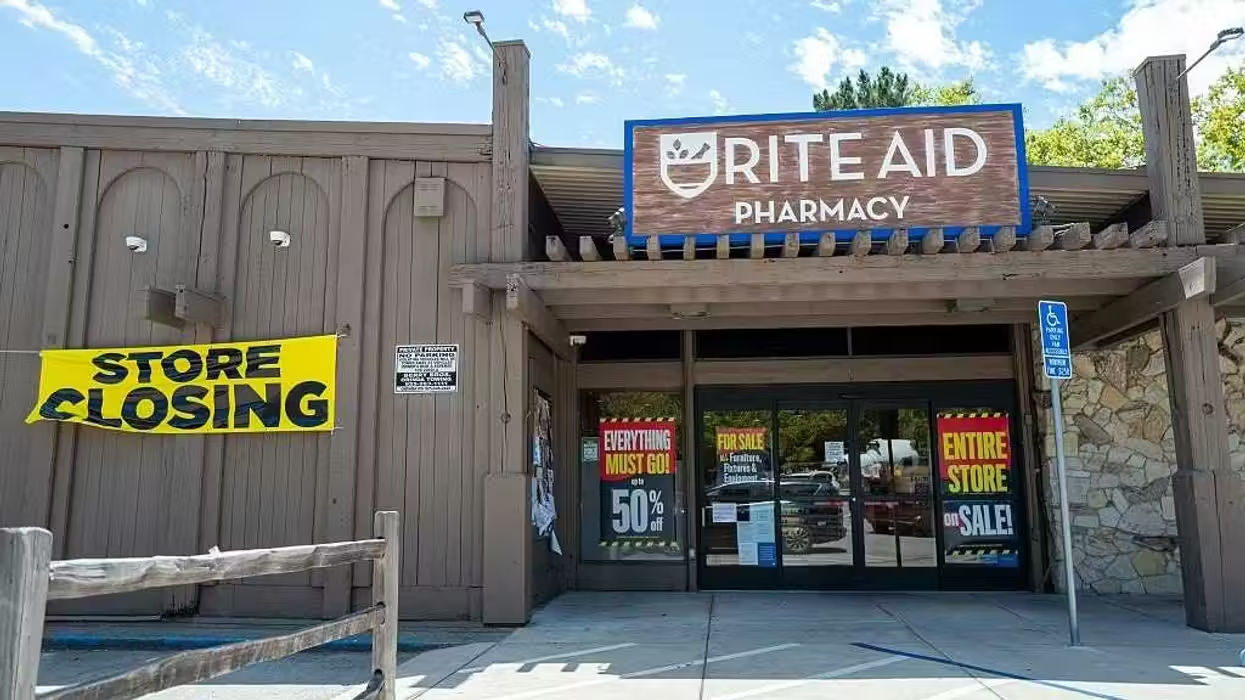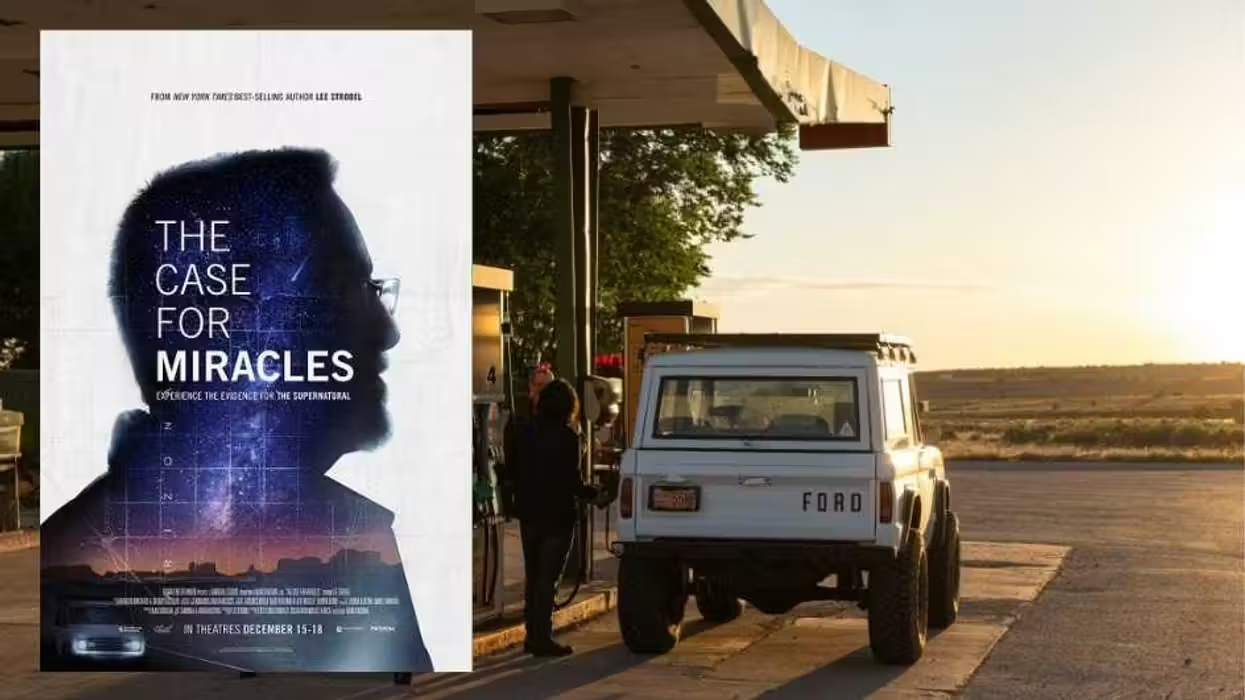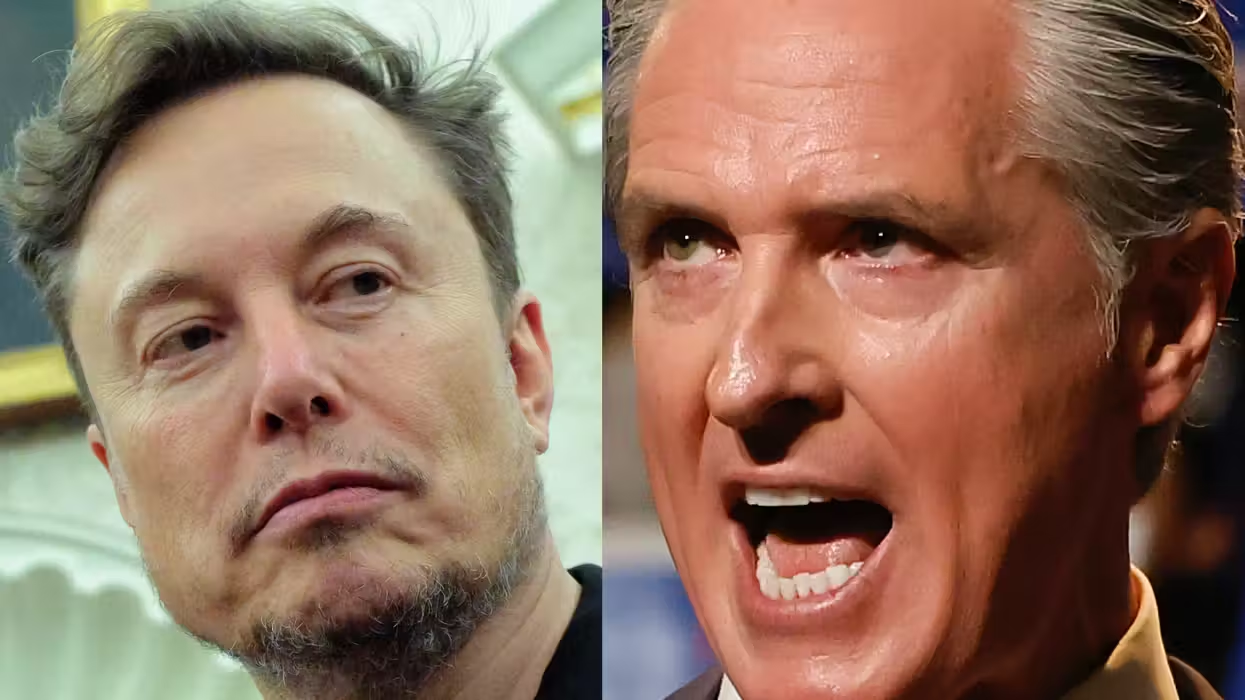
© 2025 Blaze Media LLC. All rights reserved.
Would a Voluntary Incentive Program to Relieve Traffic Congestion Work in the U.S.?
June 14, 2012

What if you had to pay to drive at peak hours of the day in certain areas when traffic levels were high? Such is the case in many cities around the world, but as the New York Times notes and as you might have already guessed, such a concept isn't as accepted in the United States.
In 2008, New York City attempted to pass a congestion pricing plan, but it didn't make it through the state legislature. San Francisco is also considering implementing a congestion pricing tactic to limit heavy traffic, which if it goes through is expected to be implemented in 2015.
Still, some are tweaking the concept a bit to make it more appeasing, trying out voluntary incentive programs instead of legislated mandates.
According to the New York Times, Stanford University Computer Science Professor Balaji Prabhakar with $3 million in grant funding from the U.S. Department of Transportation began a pilot incentive program on the "notoriously traffic-clogged campus." The Congestion and Parking Relief Incentives (CAPRI) program works by allowing commuters to choose to avoid entering and exiting the campus during off peak hours and provides them with incentive points for doing so. The credits are used to enter commuters into a lottery in which they can win between $2 to $50 each month that will be added to their paycheck.
Here's more from the project website:
This research project targets the peak hour commuters who usually enter campus between 8am and 9am and the peak hour commuters who usually leave campus between 5pm and 6pm. Capri seeks to shift a portion of these commuters to the hour before or the hour after the peak commute. We understand that many commuters have fixed work schedules and other time constraints. Capri was designed with this in mind. Shifting your commute up to half an hour earlier or later can be all it takes to make a difference!
The New York Times reports that the project has been a huge success on campus and will be expanded for prime parking spots as well. One of the participants, Amaya Odiaga, not only won $15 recently, but by only leaving home a few minutes earlier, she also cut down her commute by more than 15 minutes.
Naturally, with programs like this, some of your commuter information is shared. Here's how Stanford's program projects commuter privacy:
When you join Capri, you are agreeing to share a limited amount of your commute history, specifically, the times that your vehicle enters and leaves campus and your parking locations.Capri researchers will use your commute data only in aggregate. For example, the data will be used to answer questions such as: What fraction of participants are commuting between the hours of 7am and 8am? How many commuters are enrolled? Which parking lots fill up first?
Your individual commute history will not be shared with anyone.
The Times reports the benefits of incentives compared to a mandatory program, according to Prabhakar, are that they “can be started incrementally and are voluntary."
Going a step further, the Times reports experts saying smartphones will most likely be used to help control programs like this or actual pricing plans:
Samuel I. Schwartz, a transportation consultant and former New York City traffic commissioner, says a smartphone-based system is inevitable, though he predicts it will be used for congestion pricing as well as incentives.“Ultimately we will be charged, or money will be added to our accounts, by using the cloud infrastructure,” he said. “It’s so precise that you will be able to charge people for how much of Fifth Avenue they use and for how long a period. In Christmas season you may decide to charge them $10 to use Fifth Avenue for each block.”
Although the program has worked well in a campus setting, the Times reports transportation expert Charles Komanoff saying the "incentives [would] be far too small" at the city scale in New York or San Francisco. He said, "you really need to do big disincentives (big sticks)," which would be congestion pricing, a mandated program.
Still, the Times reports Prabhakar saying not everyone would have to take up the incentive for it to have an effect on traffic flow. He said it only takes a small group to make a difference in a situation like this and also said he wouldn't want everyone to adjust commuting schedules as it would defeat the purpose.
Want to leave a tip?
We answer to you. Help keep our content free of advertisers and big tech censorship by leaving a tip today.
Want to join the conversation?
Already a subscriber?
more stories
Sign up for the Blaze newsletter
By signing up, you agree to our Privacy Policy and Terms of Use, and agree to receive content that may sometimes include advertisements. You may opt out at any time.
Related Content
© 2025 Blaze Media LLC. All rights reserved.
Get the stories that matter most delivered directly to your inbox.
By signing up, you agree to our Privacy Policy and Terms of Use, and agree to receive content that may sometimes include advertisements. You may opt out at any time.






